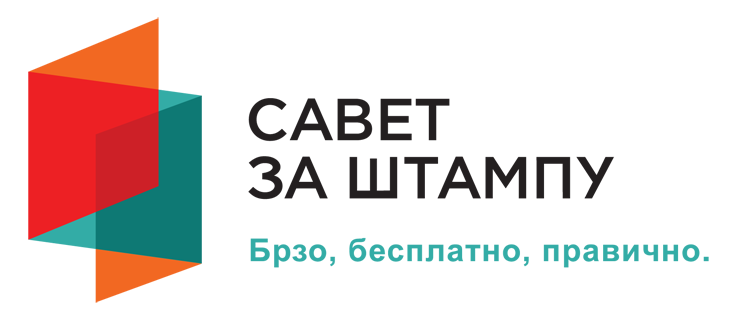Tabloids Delete Articles Smearing Students Because They Must Prove Accuracy or Face Shutdown
(Source: Cenzolovka) During student protests, pro-government tabloids were forced to remove over 100 articles that contained unsubstantiated claims or hate speech against protest participants. These deletions occurred in response to complaints to the service providers hosting their websites, due to violations of both EU and Serbian laws and platform policies.
Between 110 and 135 articles targeting students who blocked university buildings—demanding accountability for the deaths of 15 people in the Novi Sad canopy collapse—were removed from tabloid websites.
Why?
Because failing to do so could have resulted in their websites being shut down, their servers being taken offline, or even losing internet access where they operate.
By publishing students’ documents, personal data, and alleged medical conditions, labeling them as “anti-Serbs” and “Croat sympathizers,” using slurs, attributing mental disorders to them, and falsely accusing them of being “paid to overthrow the president,” tabloids blatantly violated numerous ethical standards and Serbian laws.
While domestic authorities turned a blind eye, the problem arose when these actions also breached European Union regulations.
Ironically, despite their constant propaganda against the EU, pro-government tabloids demonstrated full compliance when their own interests were at stake.
When Tabloids Must Provide Proof
“Some of these articles were removed because they violated EU and Serbian laws, as well as the policies of the platforms they use. By publishing articles filled with speculation and spin instead of facts, tabloids cause harm to individuals—students, opposition politicians, and other citizens—which is against the rules of these service providers,” explained IT expert Vladimir Cicović.
Following legal action initiated by Cicović through complaints to the companies hosting these tabloids, the websites were required to provide evidence to support their claims.
Since they couldn’t, the hosting companies warned them that failure to remove the content could result in consequences, including the revocation of their domain registrations.
“If you call a woman an ‘anti-Serb,’ you are doing so to smear her. That is hate speech. Persecuting individuals through the media is considered harassment in normal countries. Articles filled with violations and hate speech must be removed.”
—Vladimir Cicović, IT expert
False and unverified information, hate speech, and public shaming without a court ruling are just some of the reasons why service providers demand content removal.
Anyone familiar with platform policies and legal procedures can initiate the takedown process by proving that a portal has violated someone’s rights.
Cicović noted that even a ruling from the Press Council confirming a breach of journalistic ethics could serve as evidence in these complaints.
“When filing a complaint, you specify what is problematic in the article and provide supporting evidence. This triggers an internal legal review within the hosting company to determine whether the complaint is valid. The company then requests a response from the website in question, asking for justification or proof for their claims. If the portal fails to provide such proof, the company suggests corrective actions—such as deleting the link to the disputed article.”
The process can take anywhere from 12 hours to 10 days. If the portal refuses to comply, the hosting provider issues a final warning before shutting down the site.
“A Weapon for Destroying Lies”
Since the start of student protests, tabloids have deleted between 110 and 135 articles, with 48 targeting a single individual. Cicović anticipates even more content removals as additional people become involved in filing complaints.
“If you falsely accuse someone of being a pedophile without evidence or a court ruling, you have a serious problem. In normal countries, media harassment is considered a form of violence. Articles that contain violations and hate speech must be taken down.”
However, Cicović emphasized that this process does not threaten legitimate journalism.
“There are legal frameworks and rules to clarify why something is problematic. Ethical and professional media have nothing to worry about. This is a powerful tool for destroying lies, but not for silencing the truth.”
“In short: Media freedom exists as long as the content is professional, balanced, and does not serve to harass or smear individuals.”
Author: Danica Đokić
